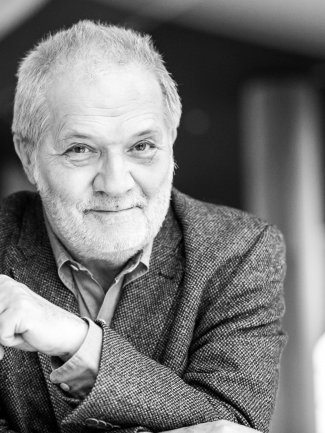Peter Eötvös (1944 – 2024)
Conductor / Composer / In memoriam
Download Assets
Download Assets
Composer, conductor and teacher: the Hungarian Peter Eötvös combines all three roles in a career of exceptional international significance.

See More
Gallery



(Arts Desk, Gavin Dixon, March 2017)
(BBC Music Magazine, February 2017)
(Michael Church, The Independent, August 2013)
(The Guardian, April 2012)
(Classical Source, April 2012)
(Independent on Sunday, April 2012)


























